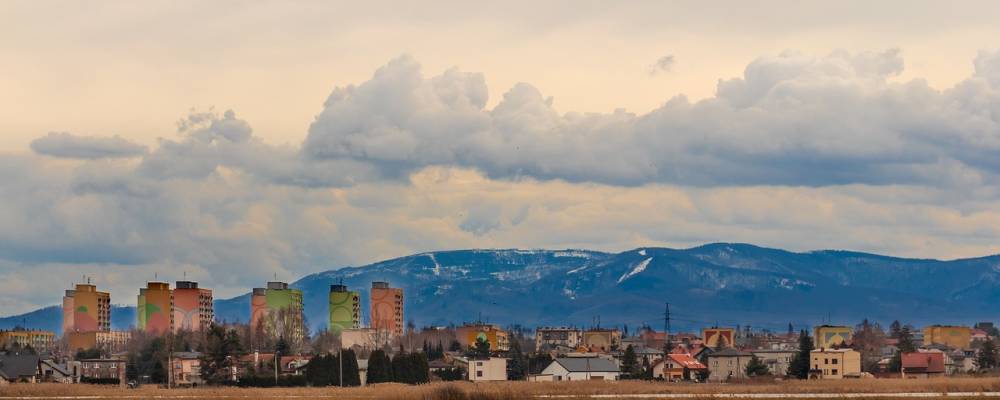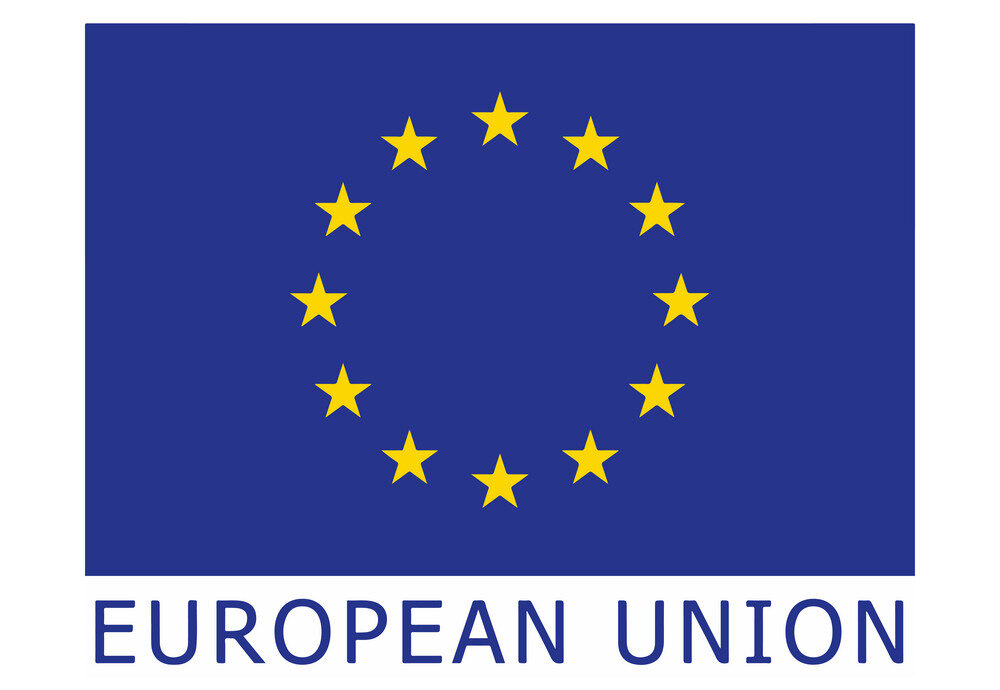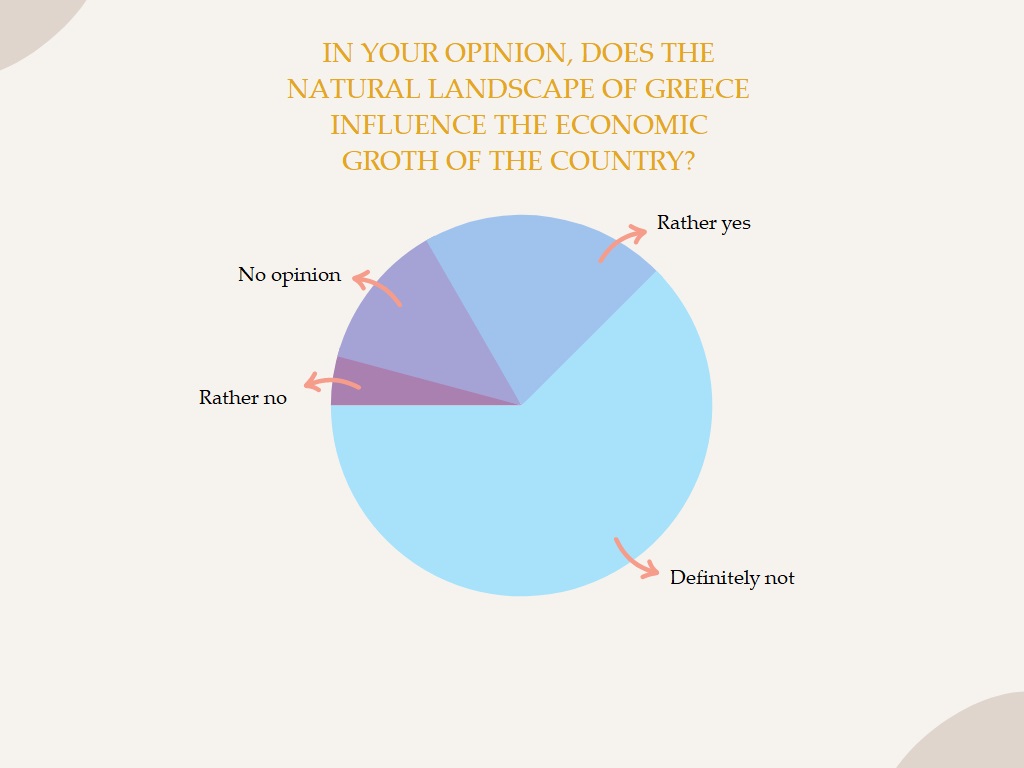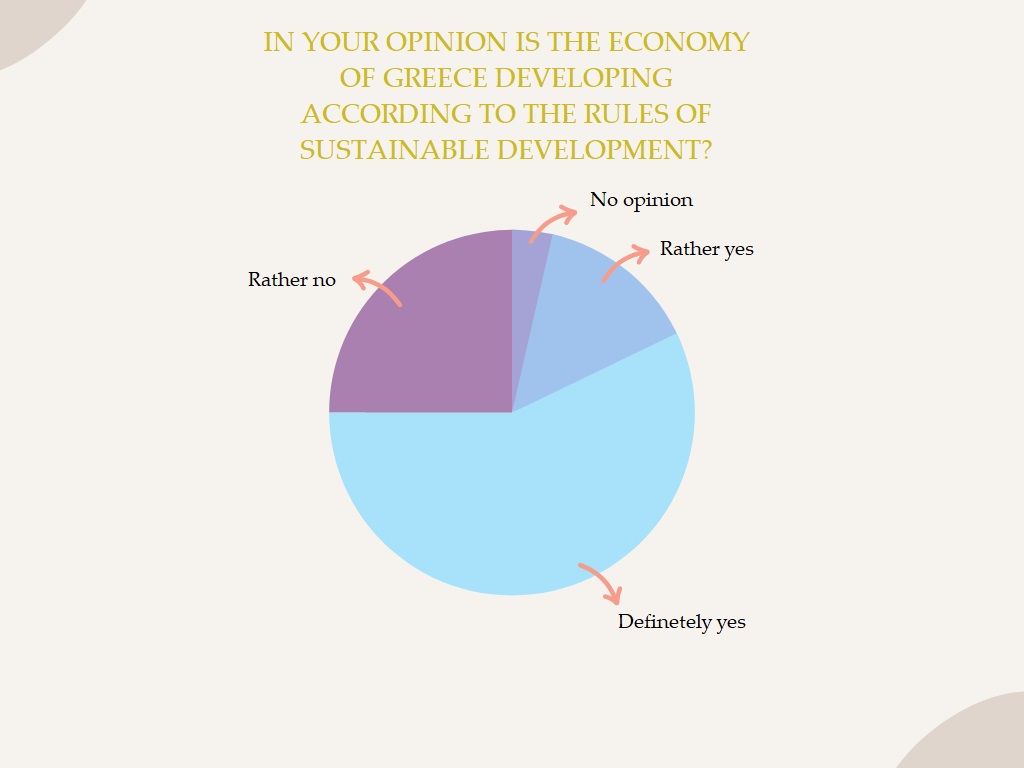The impact of biodiversity on regional development

Earth a common good?
Every day, the earth’s environment is destroyed. The seas are littered and the air is polluted. But does anyone care? As it turns out, fortunately yes! There are many environmental programmes around the world to educate the public on how to care for our planet and make it last as long as possible. International organisations such as UNESCO, the European Union and the United Nations.



On 19 October this year, participants in a project entitled: “Earth a common good” (a foreign educational mobility for students just co-financed by the European Union) conducted a survey among the inhabitants of the town of Platamonas on the impact of biodiversity on the development of the Olympic Riviera region. Residents were asked to respond according to a scale provided:

The respondents gave a very warm welcome to the project participants. Based on the responses, graphs have been created that can help analyse both the advantages of this beautiful place and the problems that residents face on a daily basis. Overall, respondents believe that Greece’s natural landscape has a great impact on the development of both the national economy and tourism and is a major source of income for the people here.

However, most of them also see the negative aspect of the annual tourist season, which negatively affects the fauna and flora of the Aegean region. They see the need for environmental action for the sake of their immediate surroundings and the well-being of future generations.
According to some of the respondents, the Greek economy is developing sustainably and is making efficient use of the natural resources it has, while contributing to GDP growth. However, some of them point out that tourism causes economic inequalities between the different regions of Greece, as not all of them are as popular with travellers as the Olympic Rivera area visited by participants in the foreign mobility.

Recently, Greece, according to statistics, has been coming to the forefront in terms of reducing carbon emissions and implementing and promoting renewable energy sources, as exemplified by the day on 7 October when the whole of Greece was powered by solar panels for five hours. A total of 3106 megawatt hours were generated.
